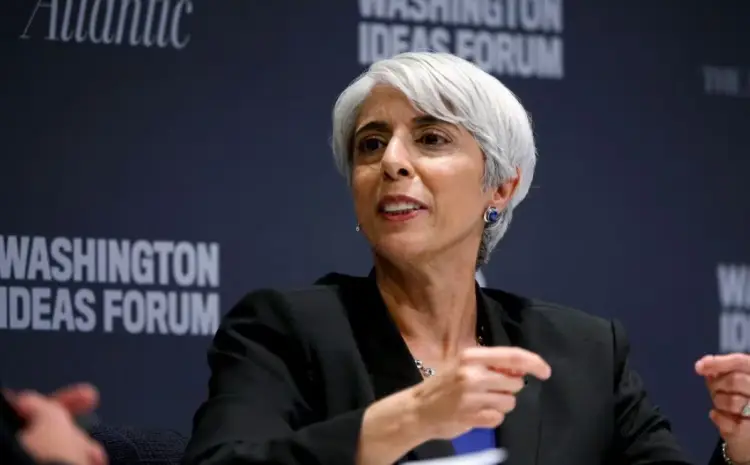US and China to collaborate on AI safety, despite tensions

US and China to collaborate on AI safety, despite tensions
Despite tense trade relations and differing regulatory approaches, the US and China have agreed to work together on ensuring the safety of artificial intelligence (AI). This was announced by Arati Prabhakar, the White House’s top science adviser, speaking to the Financial Times. Prabhakar acknowledged the “steps taken” towards future AI collaboration with China and stressed the importance of global cooperation on this rapidly evolving technology. She highlighted shared concerns about potential AI risks, such as cyberattacks and misinformation, and expressed optimism about finding common ground on safety standards.
This announcement marks a significant shift, a time of heightened friction between the two superpowers. It follows recent engagements between leading US and Chinese AI experts and broader global efforts to address AI risks.
However, Prabhakar emphasised that US regulatory goals differ from China’s. While China focuses on content control, the US prioritises national security and consumer privacy. Despite these differences, Prabhakar believes collaboration on technical and safety standards for AI software is possible.
The US approach remains cautious, aiming to balance innovation with oversight. Prabhakar reassured US AI companies that the goal is not to stifle development but to establish clear assessment methods for trust and consumer confidence. She pointed out that even industry leaders within the US advocate for responsible regulation.
A China expert, Ryan Hass, echoes this sentiment, viewing collaboration as a pragmatic necessity rather than altruism. He emphasises the urgency of working together due to the rapid pace of AI development.
Overall, this collaboration marks a promising step towards addressing the global challenges posed by AI. While challenges remain, the commitment to dialogue and joint efforts offers hope for responsible and secure AI development.




